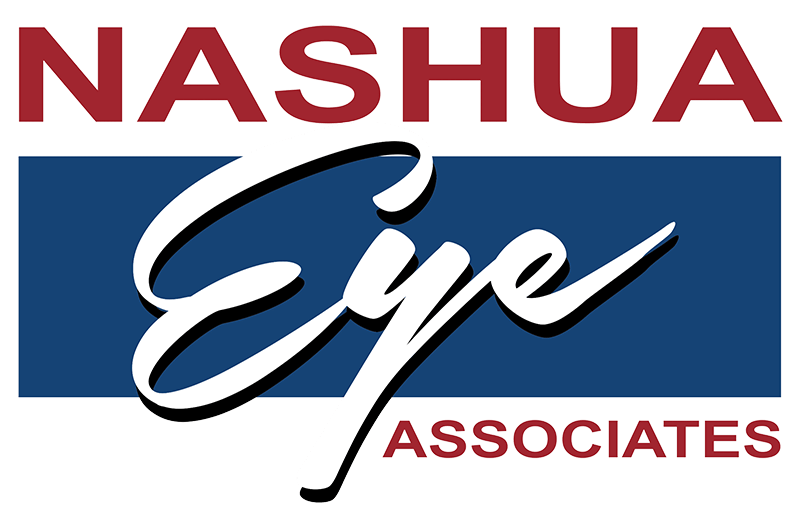Home » Patient Resources » Routine Vs. Medical Exam
Routine Vs. Medical Exam
At Nashua Eye we want our patients to receive the best eye care possible, this includes making sure our patients are informed regarding exams and medical insurance. We are often asked about the difference between medical and routine eye exams. Both medical and routine eye exams may include the same components: such as refraction (measuring glasses strength), dilation, intra-ocular pressure testing, and a personal examination by an eye care professional. Both medical and routine exams are completed by either an optometrist or an ophthalmologist.
The primary difference in medical and routine exams is often determined by insurance providers based on reasons (or a chief complaint) or the physician’s findings (or diagnosis). A medical exam includes diagnosis and treatment of an eye disease or malady (like glaucoma, question of glaucoma, dry eye, diabetes, cataracts, or after cataract surgery). A routine eye exam, on the other hand, includes diagnosis and treatment of non-medical reasons, like astigmatism, farsightedness, or nearsightedness.
Example: If you’re seeing the doctor because you have blurry vision that can be corrected with a glasses, that’s a routine exam. If you’re seeing the doctor because you have pink eye, that’s a medical exam. Exams related to glasses or contacts prescription are considered a routine exam. If the doctor discovers that your vision is blurry because you have cataracts, and your final diagnosis is a medical diagnosis, then your exam becomes a medical exam. OR if the doctor gives you a diagnosis of myopia (nearsightedness), that’s a non-medical, “routine” diagnosis, and your exam is a routine exam.
What does this distinction mean for your insurance coverage?
Mainly, it depends on your provider, your policy, and your plan. Some insurance providers do not offer routine exam benefits. Some providers require a co-pay on routine exams, but cover a portion. Some offer discounts on glasses and contacts. Some will cover a routine exam annually, while others cover every two years. Medical eye exams, in contrast, are covered as often as medical necessity dictates, like the services of any medical specialist. Your insurance plan dictates the amount of copay and deductible for medical specialty visits. Please bear in mind that it is the patient’s responsibility for knowing coverage but we are here to help with questions. If you need any assistance determining what your insurance covers please reach out to our office.





